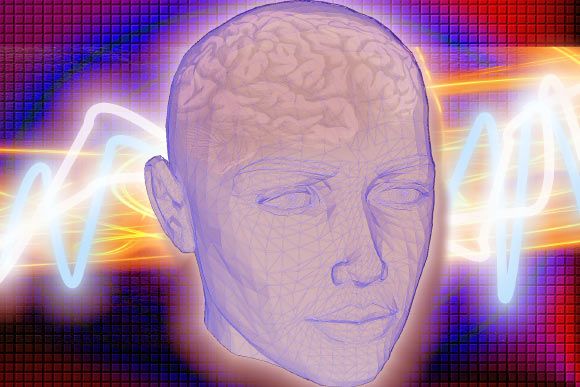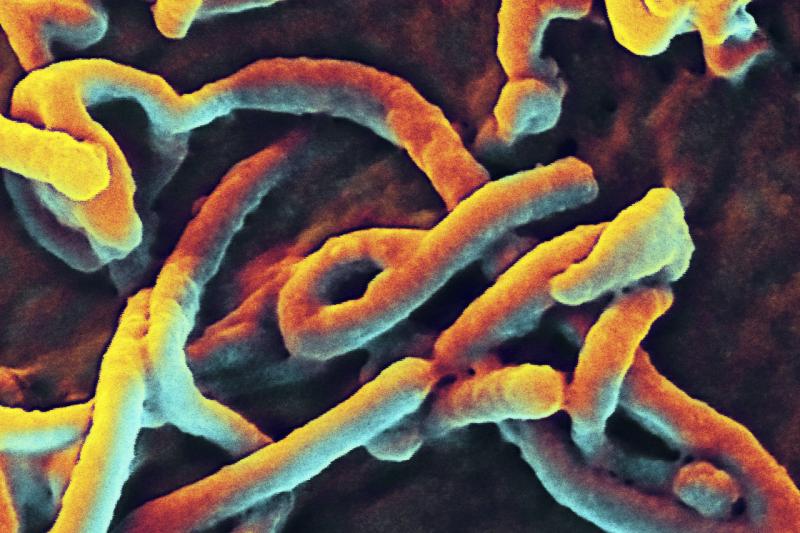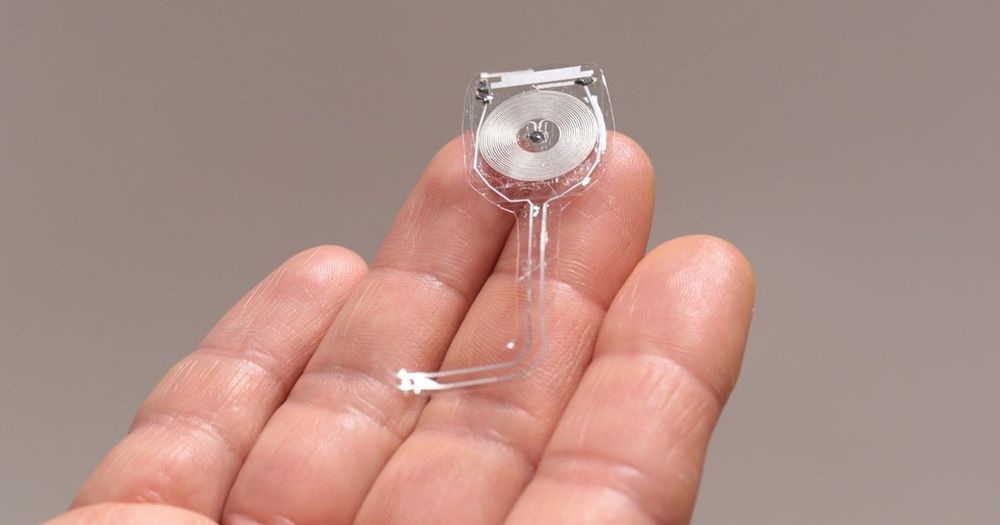Page 8941
Jan 31, 2019
Window Blinds Double as Solar Panels
Posted by Victoria Generao in categories: solar power, sustainability

Beat the heat while generating electricity with solar panel blinds
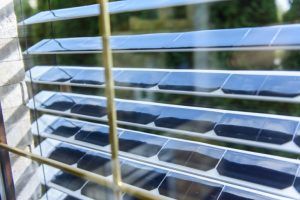
Jan 31, 2019
Study: Memories of music cannot be lost to Alzheimer’s and dementia
Posted by Victoria Generao in categories: biotech/medical, media & arts, neuroscience
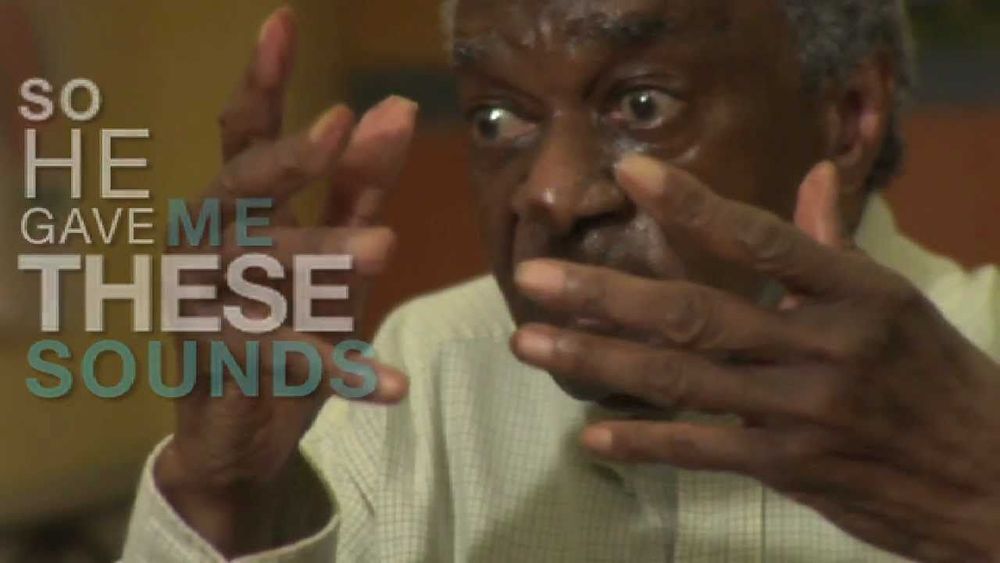
The part of your brain responsible for ASMR catalogs music, and appears to be a stronghold against Alzheimer’s and dementia.
Jan 30, 2019
Cancer patients could triple survival rates
Posted by Paul Battista in category: biotech/medical
Jan 30, 2019
Experimental Brain-Computer Interface Translates Brain Signals into Recognizable Speech
Posted by Paul Battista in categories: computing, neuroscience
A team of researchers at Columbia University has developed a speech brain-computer interface system that translates brain signals into intelligible, recognizable speech. By monitoring someone’s brain activity, the system can reconstruct the words a person hears with unprecedented clarity. The breakthrough, reported in the journal Scientific Reports, could lead to new ways for computers to communicate directly with the brain, and lays the groundwork for helping people who cannot speak.
Jan 30, 2019
New Ebola vaccine effective in trials with primates, ferrets
Posted by Quinn Sena in category: biotech/medical
Jan. 10 (UPI) — Scientists have developed a single dose treatment that has shown promise for combating all forms of the Ebola virus, a study says.
The new medication successfully blocked a strain of the deadly virus in nonhuman primates and ferrets, according to a study published Thursday in the journal Cell Host & Microbe.
The drug, a two-antibody combination called MBP134, was successful against several strains of Ebola, including the Zaire strain behind the current months-long outbreak in the Democratic Republic of Congo.
Continue reading “New Ebola vaccine effective in trials with primates, ferrets” »
Jan 30, 2019
Leprosy Vaccine Candidate Moves Into Human Trials
Posted by Quinn Sena in category: biotech/medical
Hansen’s disease, which is commonly known as leprosy, is among the leading causes of non-traumatic, peripheral neuropathies around the world.
The World Health Organization (WHO) initiated its ‘Leprosy Elimination Project’ during the 1980s with great results, curing more than 14 million cases.
Leprosy is caused by Mycobacterium leprae, with the infection progressing to cause disfiguration of the skin and mucous membranes, as well as progressive and irreversible nerve damage.
Continue reading “Leprosy Vaccine Candidate Moves Into Human Trials” »
Jan 30, 2019
Microsoft, Google Use Artificial Intelligence to Fight Hackers
Posted by Quinn Sena in categories: information science, robotics/AI, security
Last year, Microsoft Corp.’s Azure security team detected suspicious activity in the cloud computing usage of a large retailer: One of the company’s administrators, who usually logs on from New York, was trying to gain entry from Romania. And no, the admin wasn’t on vacation. A hacker had broken in.
Microsoft quickly alerted its customer, and the attack was foiled before the intruder got too far.
Chalk one up to a new generation of artificially intelligent software that adapts to hackers’ constantly evolving tactics. Microsoft, Alphabet Inc.’s Google, Amazon.com Inc. and various startups are moving away from solely using older “rules-based” technology designed to respond to specific kinds of intrusion and deploying machine-learning algorithms that crunch massive amounts of data on logins, behavior and previous attacks to ferret out and stop hackers.
Continue reading “Microsoft, Google Use Artificial Intelligence to Fight Hackers” »
Jan 30, 2019
Groundbreaking new reusable adhesive works underwater
Posted by Quinn Sena in categories: engineering, materials
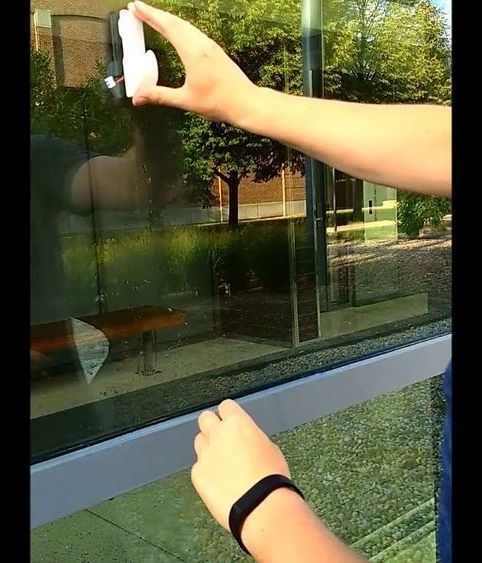
Illinois researchers have introduced a new cutting-edge reusable adhesive that activates in seconds, works underwater, and is strong enough to deadlift 11 pounds: shape memory polymers (SMPs).
The team—associate professor in mechanical science and engineering Seok Kim, graduate student Jun Kyu Park, and former graduate student Jeffrey D. Eisenhaure (Ph. D. ME ‘17, now with Northrop Grumman)—has proved that SMPs can retain dry adhesion properties while submerged. Their study, “Reversible underwater dry adhesion of a shape memory polymer,” was recently published by the scientific journal Advanced Materials Interfaces.
Continue reading “Groundbreaking new reusable adhesive works underwater” »
Jan 30, 2019
These 3 Electroceuticals Could Help You Heal Faster
Posted by Quinn Sena in category: futurism
One day, electric bandages and biodegradable electronic implants could ward off infections and speed recovery.


